5 ways to promote good sportsmanship
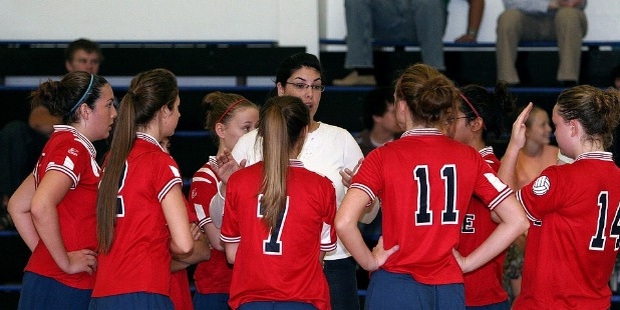
Sports has played a significant role in shaping the character and role of many players. While in the past it was only talented individuals who were allowed to play, nowadays kids can participate in any game so as to showcase their skill levels. As a result, they learn respect, how to relate to other people and even to follow the rules.
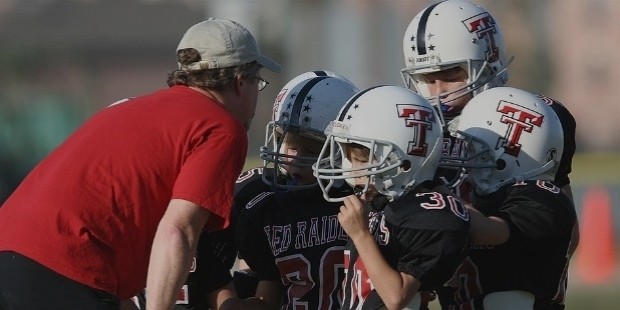
Good sportsmanship is about how each team handles themselves during and after a competition. You don’t have to be a player to demonstrate sportsmanship. Parents, fans, coaches, and referees can show good sportsmanship by following the rules of the sport. Here are 5 ways to promote good sportsmanship.
1. Avoid Humiliating Players

Nobody likes to be humiliated. Instead, everyone loves to be praised. Praise works as a motivator to let a person know that they did something well. It is particularly the case when a team member sees that a mentor or coach notices their positive behavior. It is also easy to notice and focus on a game lost. However, praising and congratulating players for their effort in the match, will motivate them to work hard to improve their playing skills.
2. Treat The Opposing Team With Respect
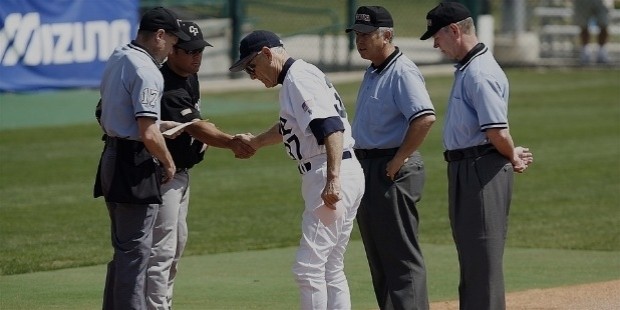
While appreciating the opposing team can be challenging especially after losing a game to them, good sportsmanship is about accepting defeat in a gracious way. Sports are meant to be a learning lesson that means accepting losses as they lead to positive growth. Therefore treating the opposing team with respect creates a positive playing environment where competition is seen as a healthy part of sports.
3. Know And Agree On The Rules
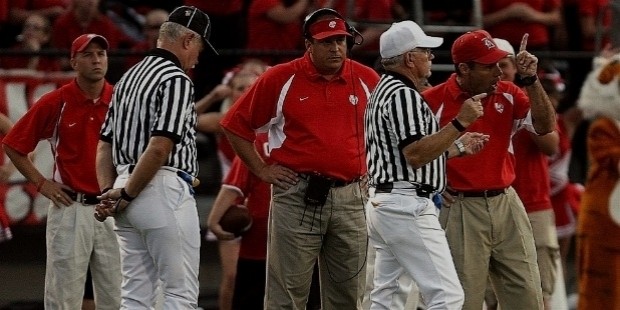
Rules in a game govern everything from how players should dress to how coaches should train the team. Apart from reducing injury and penalties, playing within the rules promote sportsmanship. Rules for players provide them with the know-how of when to attend practices and train including in off seasons so as to remain physically fit. Rules also apply to coaches and officials in areas such as keeping time, resolving in-game conflicts and understanding game ethics. It helps them set a good example for the team members. Playing by the rules reveals the integrity of the team.
4. Encourage Teamwork
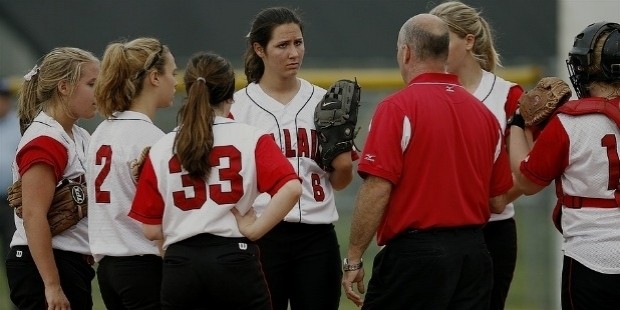
Take note, to be honest about the difference skill levels between different players. You can start by never drawing negative comparisons between players. Discussing the differences in a positive way can help each team member appreciate each other more and better understand that people have different abilities. As a result, the team members will be motivated to work hard towards a common goal.
5. Coaches Should Lead By Example
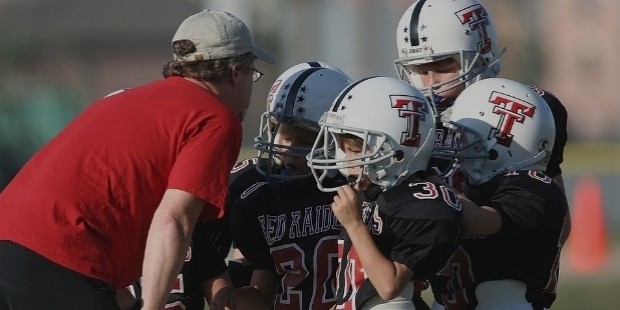
Kids or team members learn more from the coach’s actions. Good coaches will want their players to walk away with fun memories about the game. They will also create an environment for learning new skills that are useful in both sports and their lives. By positively handling winning and losing, a coach will be able to teach their players good character so that they can be motivated to keep playing whether they win or lose.









